Medicare & Medicaid
Skilled Nursing Facilities
Our Skilled Nursing Facilities that Accept Medicaid & Medicare
Medicare and Medicaid are two separate, government-run health insurance programs that provide coverage for certain medical expenses. Medicare is available to people who are 65+ and in some cases under 65 (depending on their health conditions). Medicaid is available to people of all ages who have low income or meet other eligibility requirements. In this blog post, we will discuss the coverage of both Medicare and Medicaid at skilled nursing facilities.
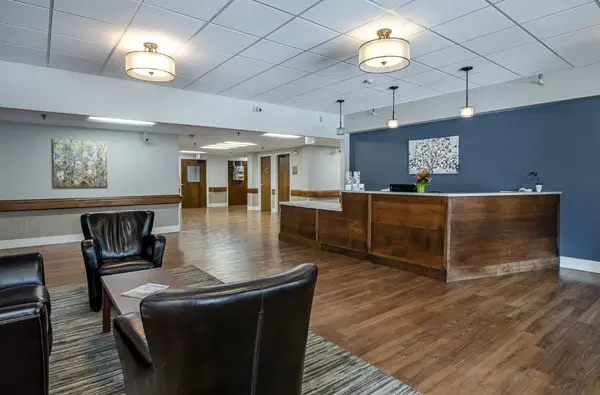
Edenbrook Edina
Edina, MN
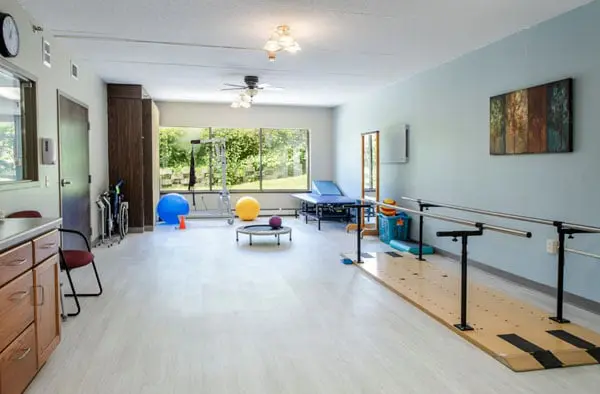
Edenbrook Rochester
Rochester, MN
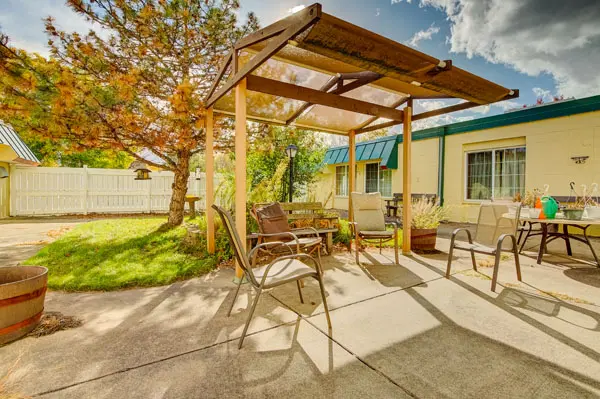
Edenbrook St. Cloud
St. Cloud, MN
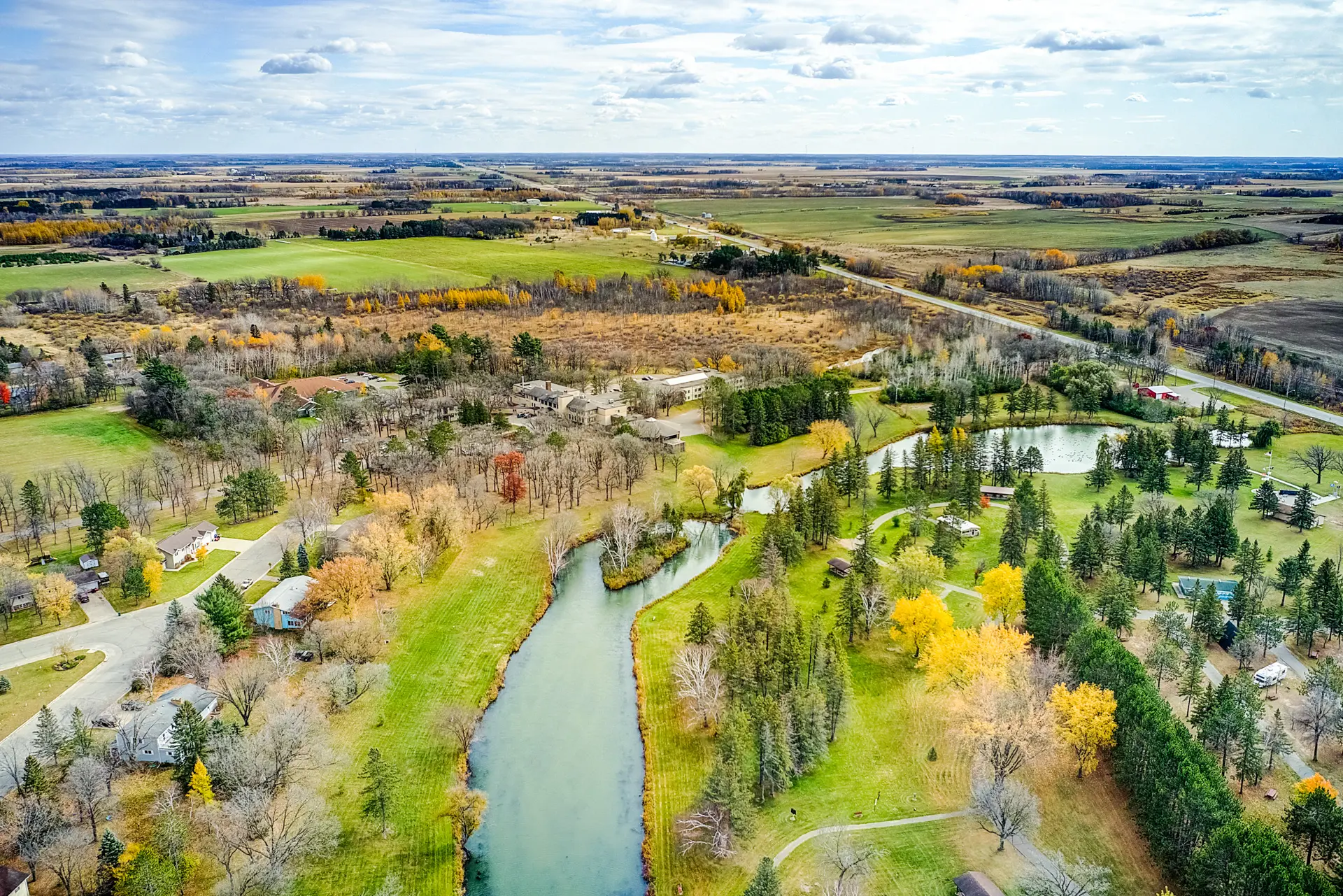
Fair Oaks Lodge
Wadena, MN
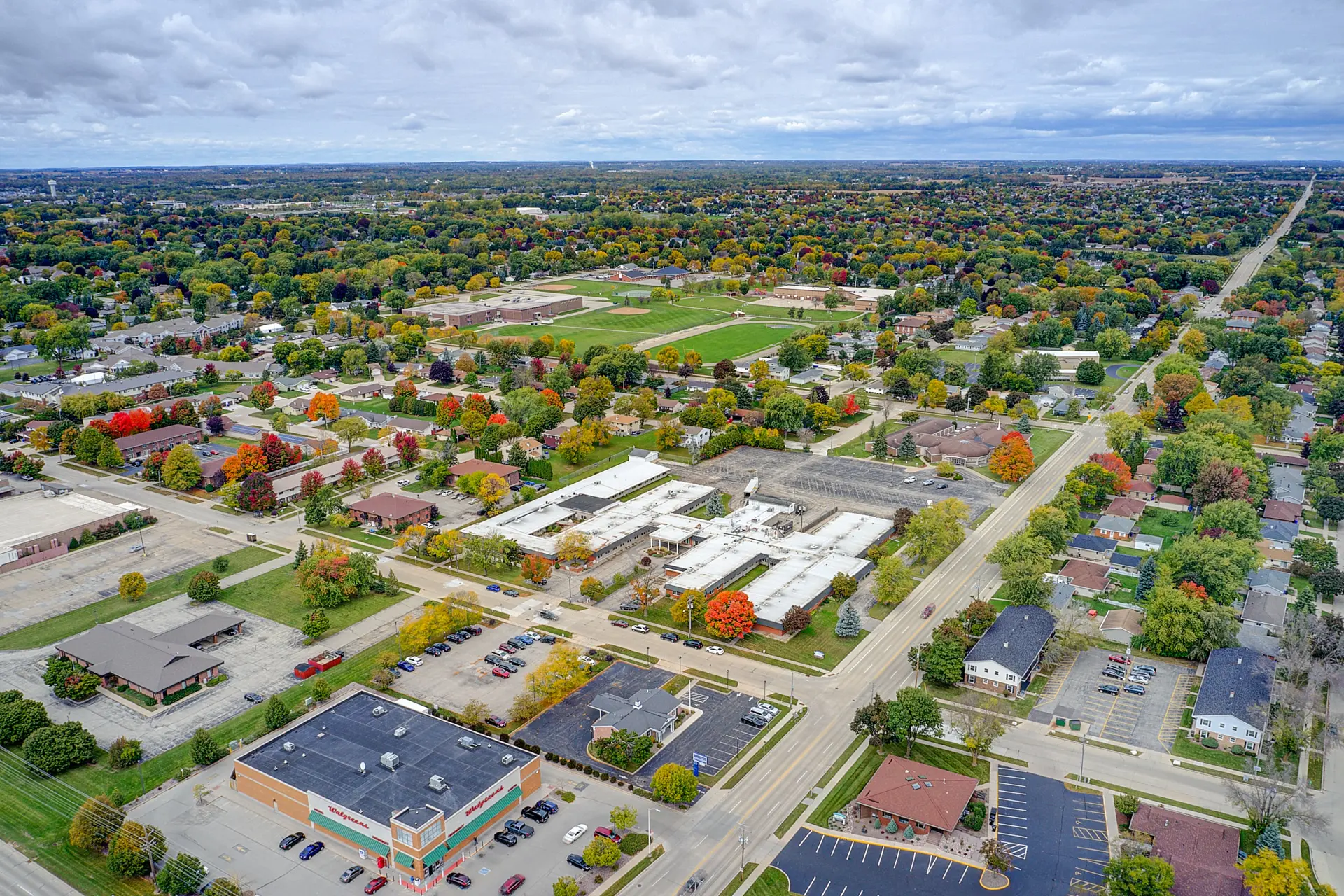
Edenbrook Appleton
Appleton, WI
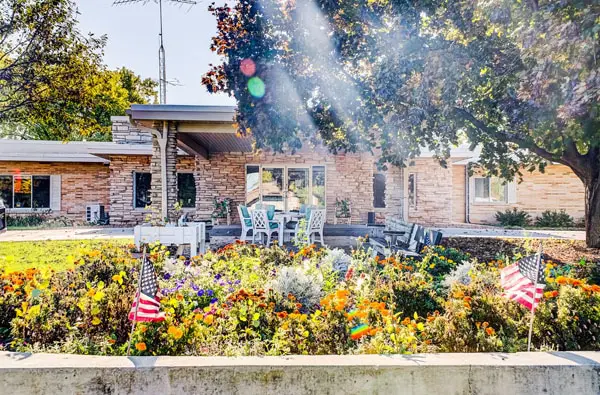
Edenbrook Fond Du Lac
Fond Du Lac, WI
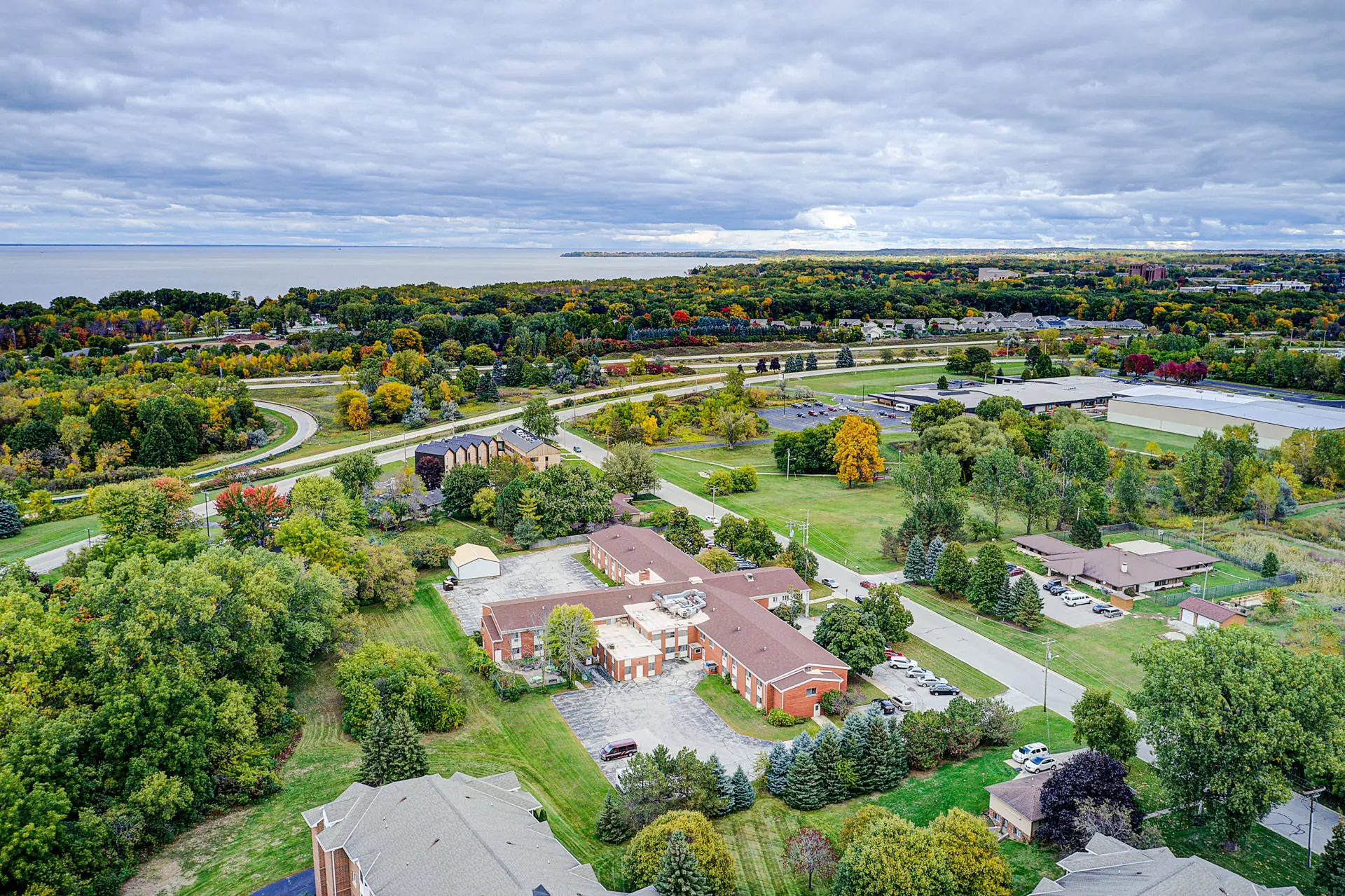
Edenbrook Green Bay
Green Bay, WI
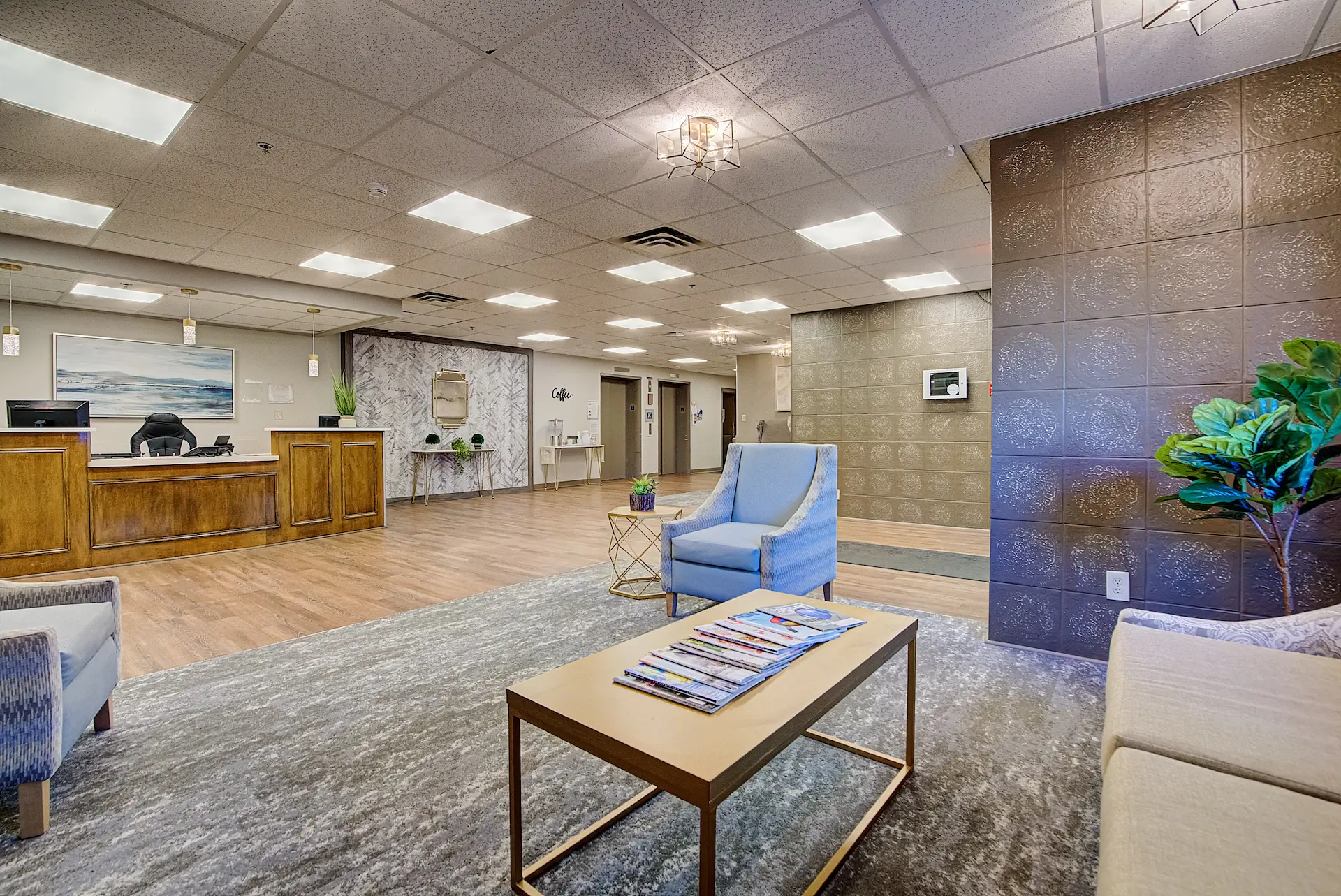
Edenbrook Lakeside
Milwaukee, WI
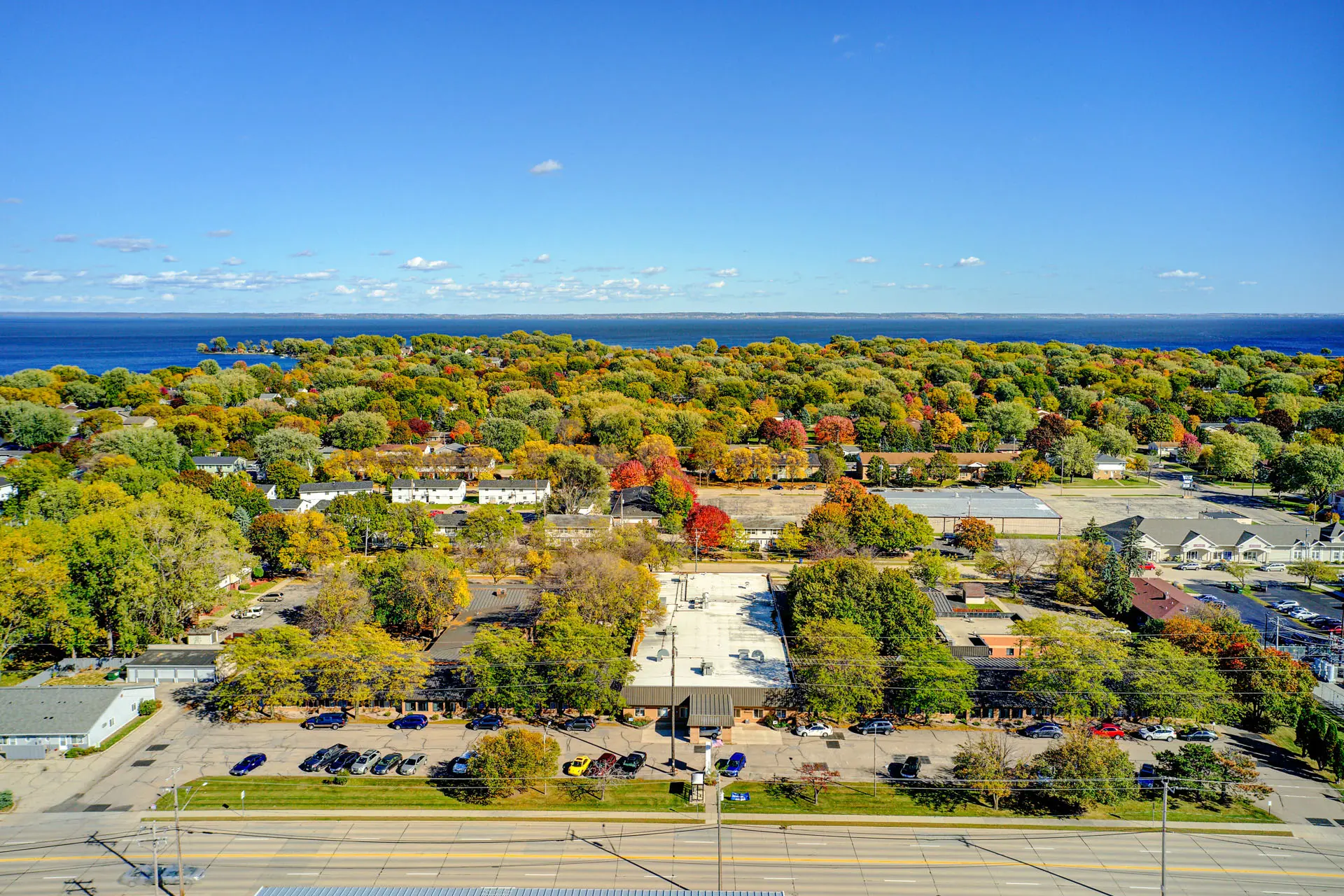
Edenbrook Oshkosh
Oshkosh WI
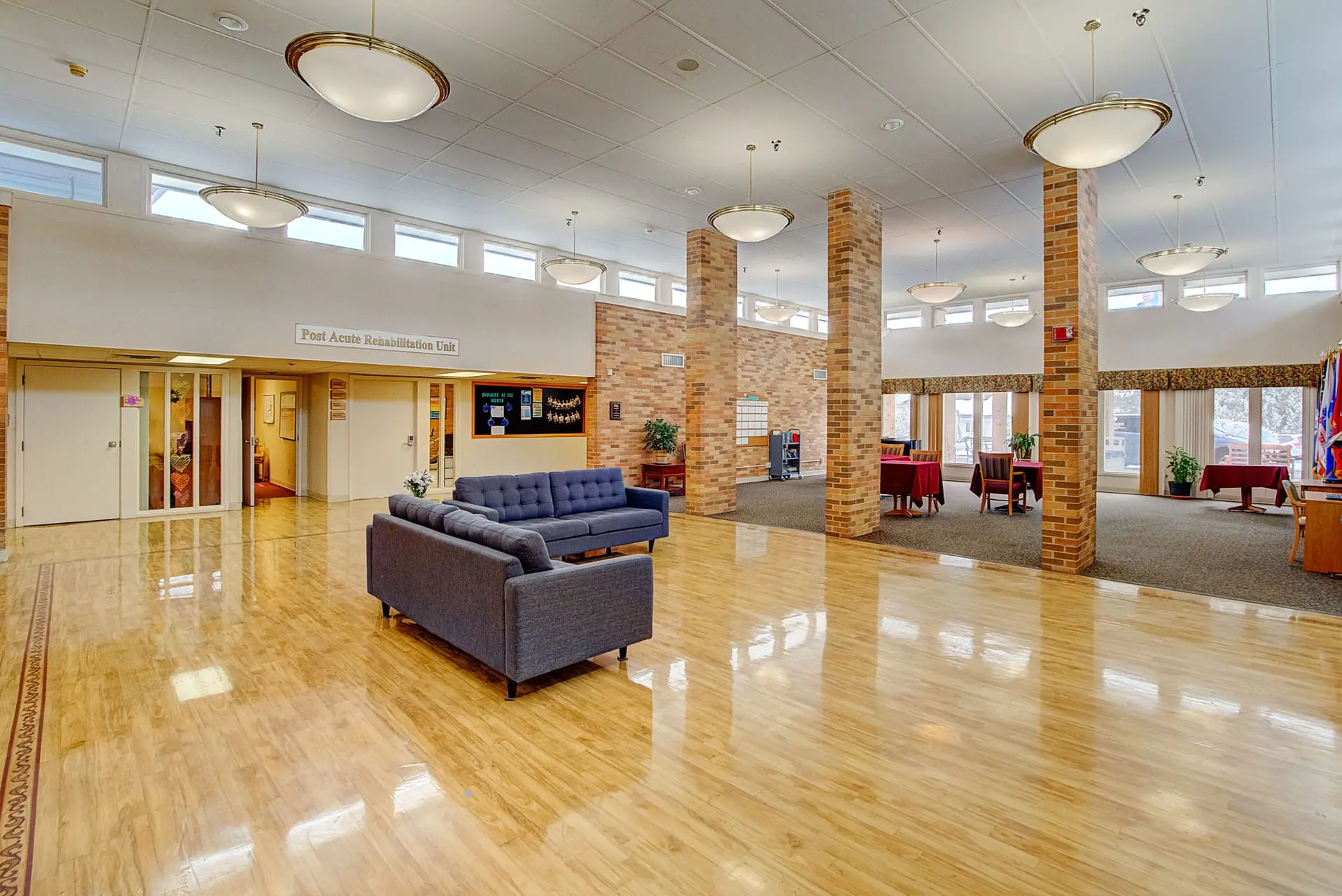
Edenbrook Platteville
Platteville, WI
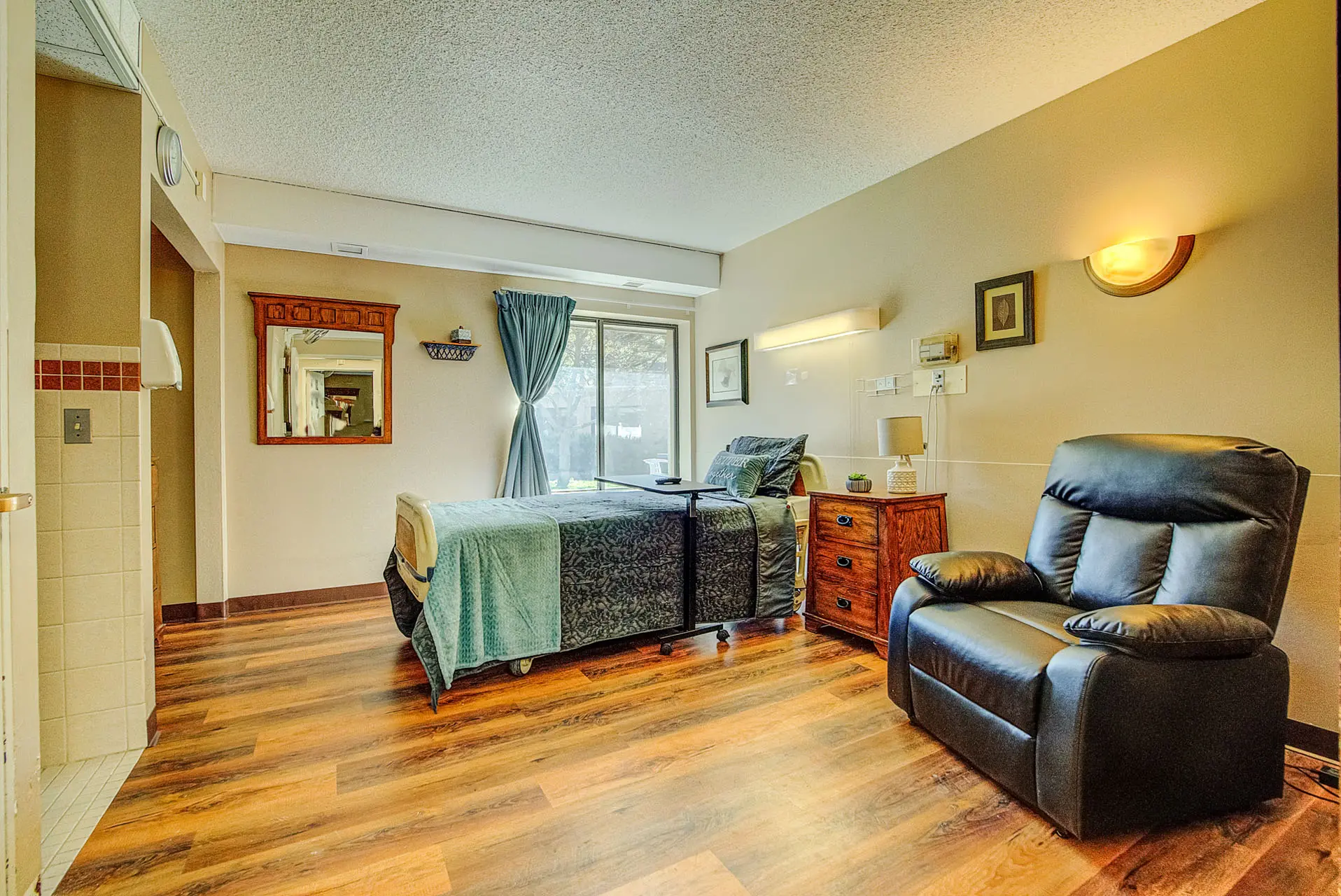
Edenbrook Wisconsin Rapids
Wisconsin Rapids, WI
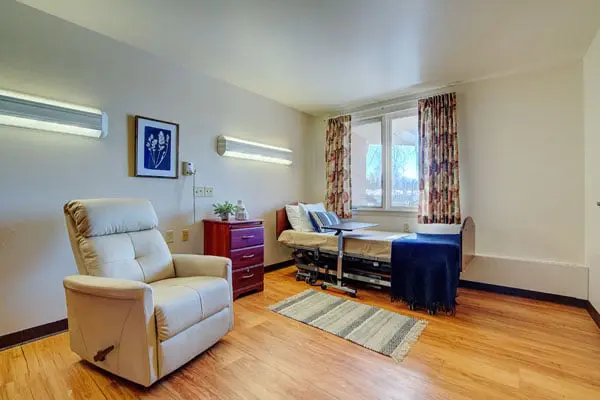
Evansville Manor
Evansville, WI
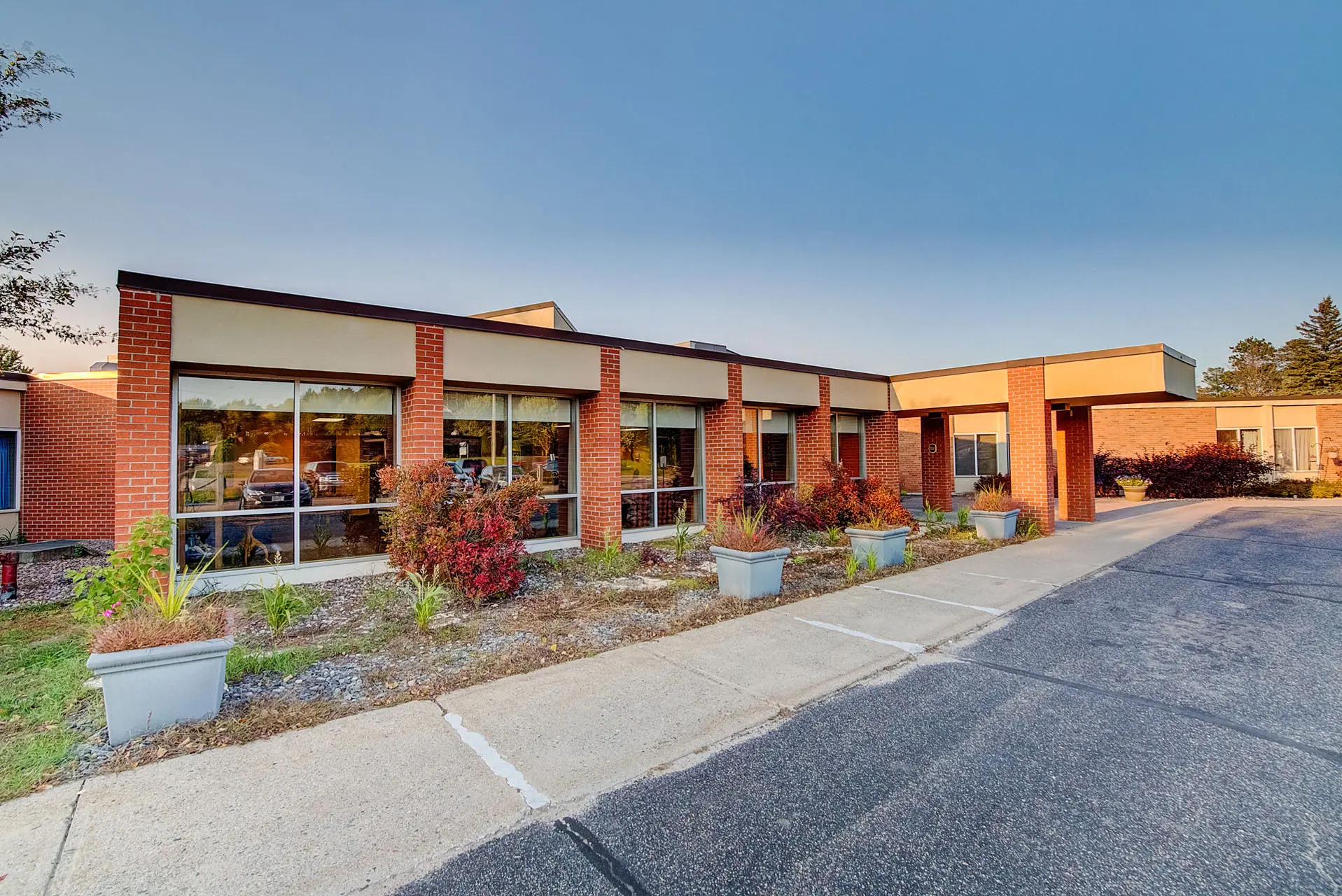
Friendly Village Rehab & Nursing
Rhinelander, WI
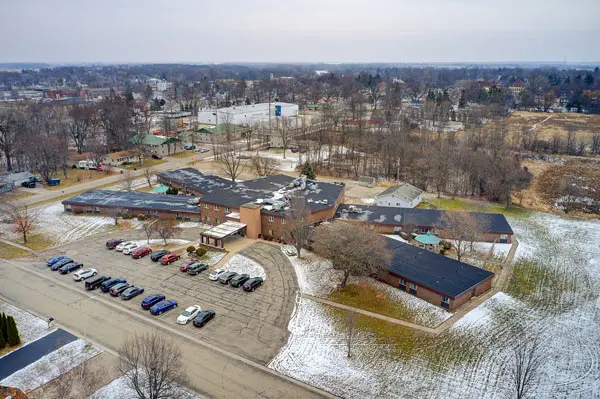
Omro Care Center
Omro, WI

Whispering Pines
Ripon, WI
What Is Skilled Nursing Care?
Skilled care is a type of care that is provided by licensed professionals such as nurses, therapists, and social workers. Typically provided in a skilled nursing facility, Skilled care is directed towards skilled nursing facilities that provide services to those who need to treat, manage and/or observe conditions such as cardiac health, pulmonary rehabilitation, and/or therapy services.
In skilled nursing, individuals typically receive nursing care, physical therapy, occupational therapy, speech-language pathology services, and social work services. Skilled nursing facilities are different from other types of facilities such as assisted living or independent living because they provide “skilled” care (a higher level of care).
However, skilled nursing is typically more expensive than other types of long-term care because of the “‘skilled” care provided by medical professionals. That’s why it’s important to understand your insurance coverage to maximize your benefits. Medicare or Medicaid coverage can go a long way in helping you afford the care you need.
What qualifies a patient for skilled nursing care?
A patient qualifies for skilled nursing care if he or she needs:
- skilled nursing services to manage a medical condition such as stroke recovery care, orthopedic rehabilitation, post-surgical care, and cardiac care
- rehabilitative services to improve their physical, mental, or social functioning. This includes physical therapy, occupational therapy, and speech therapy.
These things must also be certified by a doctor as part of a plan of care and most often, skilled care follows a hospital stay.
Who is skilled nursing care for?
Most people may not know that skilled nursing care is actually for patients of all ages (from newborns to the elderly). Skilled nursing care is needed for patients who are recovering from an illness and/or injury and need help regaining their strength and independence.
It is important to know that skilled care does not address ADLs (activities of daily living)- it only covers if there is improvement the resident is working to return to a prior level of function. Once the care becomes custodial- meaning the resident needs that assistance as part of their normal daily routine- it is no longer skilled or covered by Medicare. But note, Medicaid does cover this if needed.
Medicare & Skilled Nursing
Medicare is a federal health insurance program available to adults under 65 years of age who have certain disabilities, such as end-stage renal disease or amyotrophic lateral sclerosis.
Medicare covers skilled nursing care in a Medicare-certified skilled nursing facility (SNF) for a limited time. You need to meet specific criteria set by Medicare to be eligible for coverage. We will discuss these criteria in more detail below.
Are skilled nursing facilities covered by Medicare?
Medicare offers up to 100 days of skilled nursing rehabilitation without a 60-day break from skilled care. Traditionally, days 1-20 are covered 100% by Medicare, and days 21-100 are covered completely beside a daily copayment of $194.50. Coverage is dependent on meeting skilled care criteria as outlined in the Medicare Chapter 8 Coverage guidelines. Many people may have secondary insurance that covers that daily copay.
7 Qualifications For Medicare Coverage In A Skilled Nursing Facility
1. Medicare pays at 100% days 1-20, then 80% up to 100 days. Individuals are responsible for the 20% copay unless they have supplemental insurance.
2. You have a qualifying hospital stay, which includes a previous medically necessary inpatient hospital stay of at least three days. To be eligible for skilled nursing facility benefits, you must move into a skilled nursing facility within 30 days of leaving the hospital. You may not need another qualifying 3-day inpatient hospital stay if you re-enter the same or another skilled nursing facility within 30 days after leaving a licensed skilled nursing facility.
3. You require, and your doctor has ordered, in-house nursing services from a skilled nursing facility that receives assistance from qualified personnel such as registered nurses, licensed practical nurses, physical therapists, occupational therapists, speech-language pathologists, or audiologists and are controlled by them.
4. You require and receive skilled care on a daily basis, and the services may only be provided to you while you are an inpatient at a skilled nursing facility. Even if the therapy services are only available five or six days a week and you’re in a skilled nursing facility just for expert therapy treatments, your care is deemed daily care since these services aren’t accessible seven days a week.
5. You may be eligible for these services if you have one of the following:
– A continuous problem for which you were also treated during your qualifying 3-day inpatient stay (even if it wasn’t the reason you were admitted to the hospital).
– A new condition that began while you were receiving SNF care for the underlying condition. For example, if you broke your hip and received skilled nursing care before having a stroke, Medicare will pay for therapy services for the stroke even if you don’t need specialist care for your hip anymore.
6. The skilled services must be cost-effective and appropriate for your condition’s diagnosis or therapy.
7. You receive these specialty services from a Medicare-certified SNF.
How much skilled care does Medicare pay for?
Medicare usually pays for a limited number of days in a skilled nursing facility after you’ve been discharged from the hospital. The number of days that Medicare will pay for depends on the reason you were admitted to the hospital in the first place.
Medicare Part A usually covers up to 100 days of care in a skilled nursing facility following a hospital stay. This is known as post-hospital care. Part A will pay for the first 20 days in full. For days 21 through 100, you will be responsible for a daily co-payment.
You may also receive skilled nursing care at home if you meet certain criteria. This includes being homebound and requiring skilled services that can only be provided by a nurse or other medical professional. Medicare Part A will pay for up to 100 days of home health care following a hospital stay, as long as you meet the eligibility criteria.
Medicare SNF 100 Day Rule – What Is It?
The Medicare SNF 100-Day Rule is a policy that states that Medicare will only pay for skilled nursing care in a skilled nursing facility (SNF) for 100 days as long as individuals are meeting skilled requirements. However, there are specific conditions to this rule that are clarified below.
- Days 1-20: Medicare will pay for all of your skilled nursing care.
- Days 21-100: Medicare will only pay for part of your skilled nursing care, and you may have to pay a copayment.
- After day 100: Medicare will not pay for any of your skilled nursing care.
The purpose of this rule is to prevent beneficiaries from becoming “permanent” residents of SNFs and to encourage them to return home as soon as possible.
How Do Skilled Nursing Facilities Bill Medicare? Will I Be Involved?
Skilled nursing facilities bill Medicare in one of two ways:
- By submitting a claim to Medicare after the patient has been discharged (this is called “post-discharge billing”).
- By enrolling in Medicare’s Prospective Payment System (PPS), which determines how much the SNF will be paid for each patient admission.
Medicare beneficiaries are not usually involved in the billing process. However, if you have any questions or concerns, you should contact the skilled nursing facility directly.
Medicaid & Skilled Nursing
Medicaid is a federal/state program that helps pay for medical care for certain people with low incomes and few resources. Like Medicare, Medicaid covers skilled nursing facility services. However, the rules about who is eligible and which services are covered can be different from state to state. If you’re interested in learning more about how Medicaid pays for skilled nursing, read on!
Does Medicaid Cover Skilled Nursing?
Medicaid covers skilled nursing care under certain circumstances. In general, you must be eligible for Medicaid and need skilled nursing care that can only be provided by a licensed nurse in order for Medicaid to cover the cost of your care.
However, each state has different rules about who is eligible for Medicaid and what services are covered. So, it’s important to check with your state’s Medicaid office to see if skilled nursing care is covered in your state.
Does Medicaid Cover Assisted Living in Wisconsin?
Medicaid will cover some assisted living services in Wisconsin, but the coverage will depend on your income and assets. This means that if you have a high income or a lot of assets, you may not be eligible for Medicaid coverage of assisted living. This is because Medicaid is a needs-based program, and the government wants to make sure that people who need Medicaid coverage the most are able to get it.
If you’re not sure whether you’ll be eligible for Medicaid coverage of assisted living in Wisconsin, you can contact your state’s Medicaid office or an elder law attorney for more information.
What is the income limit for Wisconsin Medicaid?
The income limit for Wisconsin Medicaid is $2,523 a month for an individual and $5,046 a month for married couples. This means that if your income is above these limits, you will not be eligible for Medicaid coverage of skilled nursing care.
The asset limits for Wisconsin Medicaid are $2,000 for an individual and $4,000 for a couple. Asset limits pertain to the total value of your savings, investments, and other countable resources. This means that if you have more than the specified limit in assets, you will not be eligible for Medicaid coverage of skilled nursing care.
Does Medicaid Cover Assisted Living in Minnesota?
Yes, Medicaid covers assisted living in Minnesota through a program called Medical Assistance. This program provides coverage for a wide range of long-term care services, including both nursing home and assisted living care. To be eligible for Medical Assistance, you must meet the income and asset limits set by the state of Minnesota.
What is the income limit for Medicaid in Minnesota?
The income limit for Minnesota Medicaid is $1,074 a month for an individual and $1,453 a month for married couples. This means that if your income is above these limits, you will not be eligible for Medicaid coverage of skilled nursing care.
The asset limit for Medicaid in Minnesota is also variable, but the total assets of individuals aged 65 and above should not be more than $3,000 for an individual and not more than $6,000 for married couples.
To be eligible for Medicaid benefits in Minnesota, you must also be a resident of the state and a U.S. citizen or legal permanent resident. You must also meet certain medical criteria to be eligible for Medicaid coverage.
Who Is Eligible?
People who are eligible for Medicaid can get coverage for a wide range of health care services. This includes doctor visits, prescription drugs, mental health care, dental care, and more.
Medicaid also covers long-term care services such as nursing home care and in-home personal care services. To qualify, you need to meet the following criteria:
- You must be a U.S. citizen or legal permanent resident
- You must meet the state’s residency requirements
- You must have a qualifying disability, illness, or injury
- Your income and assets must fall within the program’s limits
Medicaid long-term care services are available to people of all ages. However, the program’s rules and benefits can vary from state to state.
Do you need to have Medicare to qualify for Medicaid assistance?
To qualify for Medicaid assistance, you do not need to have Medicare. However, if you do have Medicare, your Medicaid coverage will likely be more comprehensive. This means that you would be able to receive more services through Medicaid.
Final Thoughts
Both Medicaid and Medicare skilled nursing facilities have their own set of rules and qualifications. However, if you or a loved one are in need of skilled nursing care, it is important to research both options to see which one would be the best fit for them.
Medicare and Medicaid can be a big help in terms of paying for skilled nursing care. However, it is important to understand the differences between the two programs and make sure you are eligible for each one.
Medicare is a federal program that offers health insurance to those over the age of 65, as well as individuals with disabilities. Medicare covers a wide range of services, including skilled nursing care. To qualify for Medicare coverage, you must first meet certain eligibility requirements.
On the other hand, Medicaid is a state and federal program that provides health insurance to low-income individuals and families. Just like with Medicare, you need to meet certain eligibility requirements to qualify for Medicaid coverage.
If you have any questions about Medicare or Medicaid skilled nursing facilities, please feel free to contact one of our facilities. Our team members would be happy to help!
